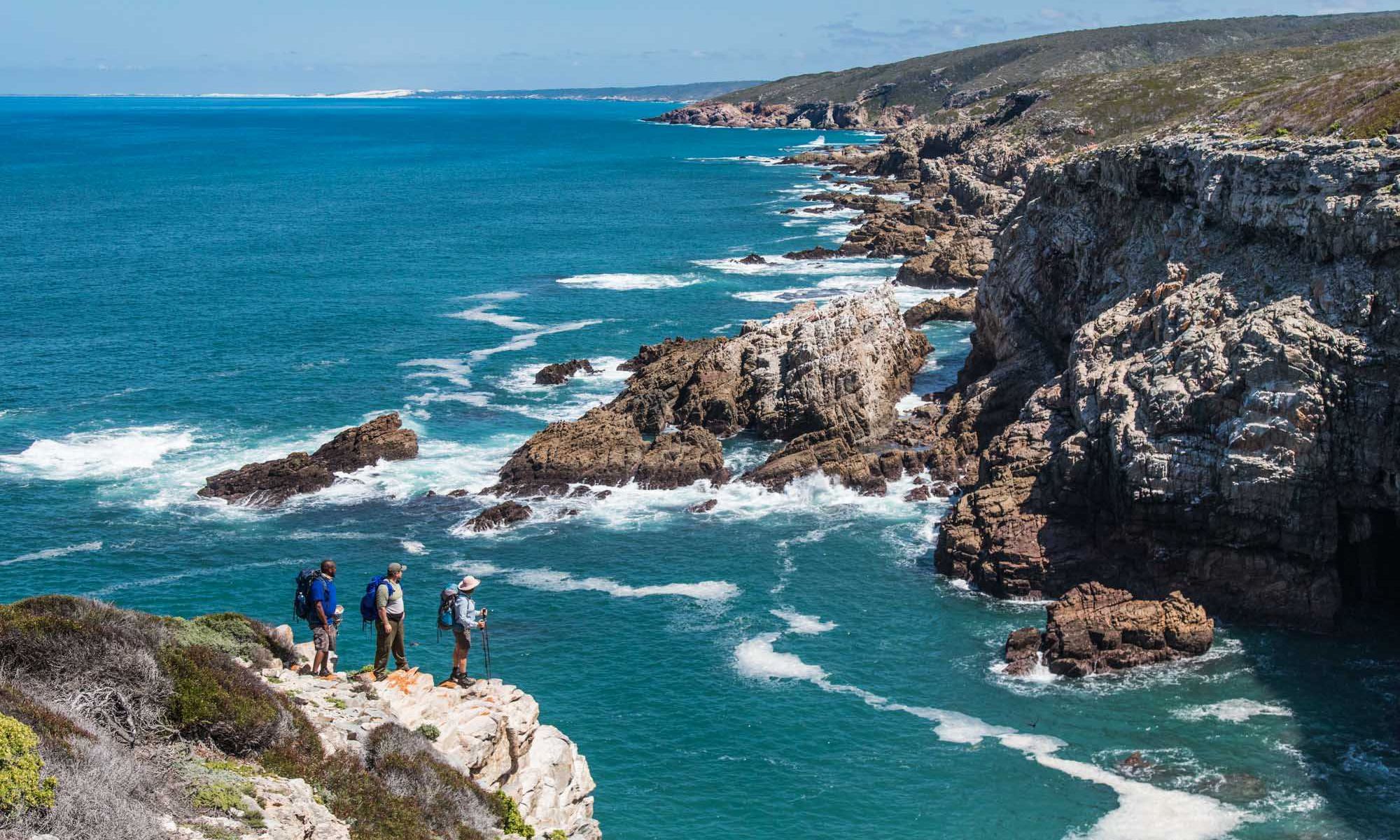
The importance of our natural water sources and Water Day 2024
It is widely known that South Africa, and in particular the Western Cape, suffers from water scarcity. This reality underscores the critical need to prioritise the conservation of freshwater ecosystems and their catchments to ensure a sustainable supply of water for both biodiversity and human consumption. The provision of water is categorised as one of the ecosystem services offered by natural freshwater ecosystems.
The Western Cape benefits significantly from substantial volumes of high-quality water originating from its mountain catchments. This ecosystem service is crucial for the well-being and survival of all living organisms, including unique plant and animal species endemic to this region. However, the unsustainable management of these surface and groundwater resources exacerbates the challenges posed by water scarcity.
Water security faces threats on several fronts. In situations where the restoration of river, groundwater, or wetland health is feasible, the associated manageable threats include water pollution, excessive water extraction, and over-allocation of water. Impacts from natural disasters driven by climate change, such as floods and droughts, are challenging to mitigate. To better deal with and minimise the impact of these events, climate change models are used to predict and prepare for an increase in natural disasters. Recent disasters, including two flood events in the Western Cape during the 2023 winter and spring periods, are examples of the intensification of these events.
While the potential to mitigate the impacts of floods and droughts may be limited, significant strides can be made in water conservation through small changes at home. These include reducing shower time, watering gardens selectively, installing rainwater tanks, reusing water for non-potable use, and cultivating water-wise gardens inclusive of indigenous plants.
The strain on freshwater ecosystems raises concerns about potential "water wars" at various levels, including disputes among local landowners, competing river catchments, provinces, and countries. Consequently, the theme for the United Nations Water Day in 2024, on March 22, is ‘Peace for Water.’ This theme emphasises the pivotal role of water in global stability and prosperity. At the provincial level, it resonates with the sustainable management of inter-basin transfers, exemplified by the transfer of water between catchments or provinces. Cooperation in water management is crucial for both water security and the broader concept of ‘Peace for Water,’ especially along borders defined by river courses, such as the Orange River dividing the Northern Cape and Namibia. Collaborative efforts are essential for ensuring sustainable water management across different scales and levels.
Water is one of the most valuable natural resources, but without it, life will cease to exist. Let’s all work together to use water wisely and sparingly and reduce, reuse, and recycle wastewater so that it does not end up in our natural environment.
For information on water and how to use it wisely and on CapeNature and the work that we do, visit our website at www.capenature.co.za. Follow us on our social media pages to stay up to date with all our programmes and campaigns, and if you are interested in an education or capacity-building programme about water, email learning@capenature.co.za.
Related News
How can I assist you today?
How can I assist you today?



